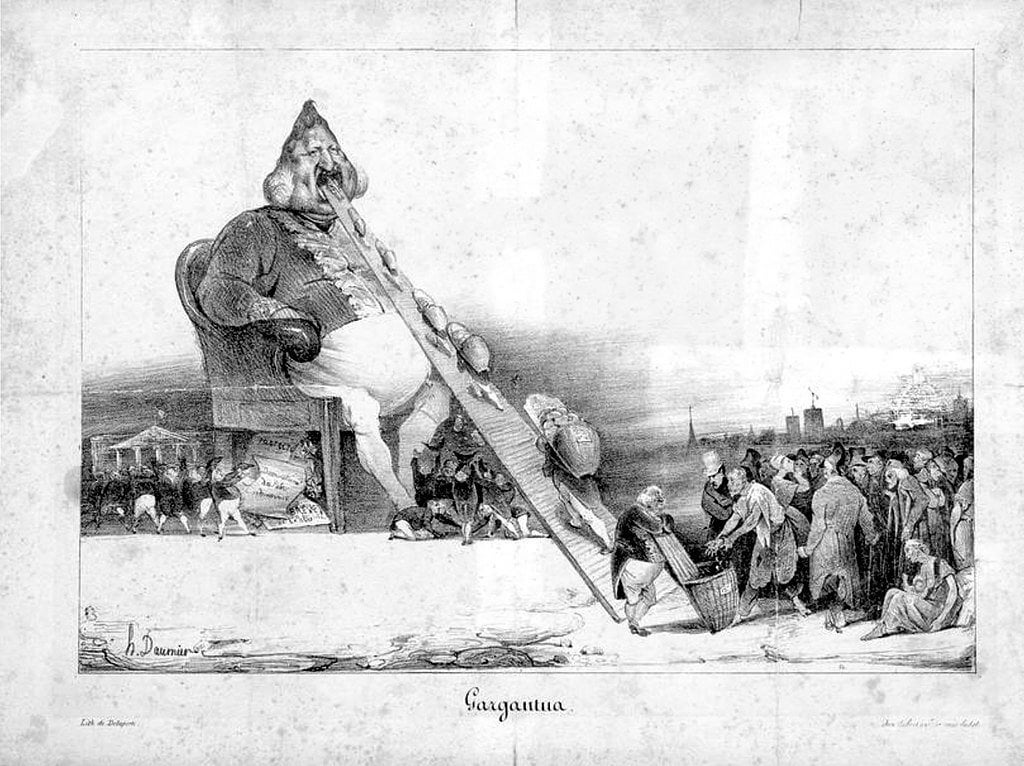
A common theme of discussion in r/antiwork/ has been why work in a capitalist economy is always and necessarily exploitative.
Jacobin recent published an interview with Nicholas Vrousalis about his new book exploring the subject, in a piece called “Only Socialism Can Put an End to Exploitation“.
The general question is answered succinctly in an excerpt from the interview…
Capitalism is the concentrated, and therefore unequal, ownership of scarce productive assets, whose productive use is geared toward the maximization of profit. This unilateral control over scarce productive assets gives their owners control over the labor capacities of those who have only these capacities to sell in return for access to productive assets. And this, in turn, gives asset owners unilateral control over the material surplus and, by extension, over the exercise of the stock of labor capacities that constitutes surplus production. This is how workers come to produce their own subjection to capital — their “invisible chains.”
It follows from this that capital is not some intrinsic property of things, but rather a relational property, a monetized relation of power between capital and labor — “I give you the tools, you give me your labor capacity.” Capital, in other words, is a form of subsumed labor. The book studies the history of the process of capital’s appropriation of the conditions of labor, from generalized usury to manufacturing to mechanized industry, and argues that it implicates the material mode of production in a progressively more intense exploitation — and therefore domination — of the worker.
This theory also highlights parallels between capitalist and patriarchal exploitation. Capitalism is akin to some forms of patriarchy, in the sense that it is compatible with meaningful exit options for individual workers. But the availability of such options — through labor rights, the welfare state, or an unconditional basic income — does not suffice to emancipate the workers from the domination of capitalists, any more than the availability of divorce, or of meaningful exit options, suffices to emancipate women from the domination of men.
